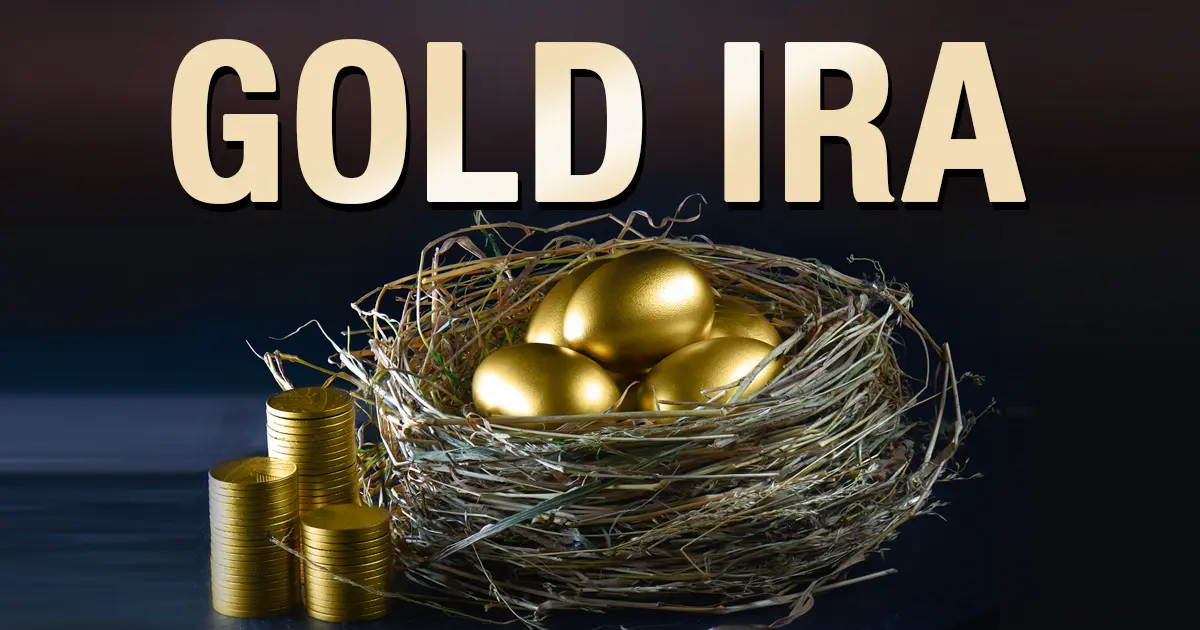
When it comes to safeguarding retirement savings, many investors are looking at alternative options to traditional stock and bond portfolios. One such option gaining popularity is the Gold IRA. This specialized retirement account allows individuals to invest in precious metals like gold, silver, platinum, and palladium, offering a hedge against inflation and economic uncertainty. In this article, we will explore how Gold IRAs work, their benefits, and how they can help secure your financial future.
What is a Gold IRA?
A Gold IRA is a self-directed Individual Retirement Account that allows you to hold physical gold and other precious metals as part of your retirement portfolio. Unlike traditional IRAs that typically hold stocks or bonds, a Gold IRA enables you to diversify your investments by including tangible assets. The precious metals must meet certain purity standards and be stored in an IRS-approved depository.
How Do Gold IRAs Work?
Opening a Gold IRA involves several steps:
- Choose a Custodian: The first step is to select a reliable custodian, who will manage your Gold IRA and ensure compliance with IRS regulations.
- Fund Your Account: You can fund your Gold IRA through a rollover from an existing retirement account or by making a direct contribution.
- Select Precious Metals: After funding, you can choose which precious metals to invest in, ensuring they meet the IRS standards for purity.
- Storage: The physical metals must be stored in an IRS-approved depository for security and compliance.
It’s important to note that you cannot take possession of the gold or other precious metals in your Gold IRA until retirement age. This ensures that the account maintains its tax-advantaged status.
Benefits of Gold IRAs
Investing in a Gold IRA comes with several benefits:
- Inflation Hedge: Gold has historically been seen as a safe haven during inflationary periods. When the value of the dollar declines, gold often retains its value, making it a reliable store of wealth.
- Portfolio Diversification: Including precious metals in your retirement portfolio helps diversify your investments, reducing overall risk.
- Tax Advantages: Like traditional IRAs, Gold IRAs offer tax-deferred growth, meaning you won’t pay taxes on gains until you withdraw funds in retirement.
- Protection Against Economic Uncertainty: Precious metals have intrinsic value and can provide stability during economic downturns, making them a strategic choice for retirement savings.
Potential Drawbacks
While there are many benefits to Gold IRAs, it's essential to consider potential drawbacks:
- Fees: Setting up and maintaining a Gold IRA can involve higher fees than traditional IRAs, including storage fees and custodian fees.
- Limited Liquidity: Unlike stocks, selling gold can take time, and you may not get immediate access to cash in case of emergencies.
- Price Volatility: The price of gold can be volatile, leading to fluctuations in your retirement account's value.
How to Choose the Right Gold IRA Company
When selecting a Gold IRA provider, consider the following factors:
- Reputation: Research the company's history, customer reviews, and ratings with organizations like the Better Business Bureau (BBB).
- Fees: Understand the fee structure, including setup fees, storage fees, and transaction fees.
- Selection of Precious Metals: Ensure they offer a wide range of IRS-approved precious metals for investment.
- Customer Service: Look for a company that provides excellent customer support and assistance throughout the process.
Conclusion
A Gold IRA can be a valuable addition to your retirement savings strategy, offering benefits such as diversification, protection against inflation, and stability during economic uncertainty. However, it's crucial to weigh the potential drawbacks and conduct thorough research before committing to this investment. With careful planning and a reliable custodian, a Gold IRA can play a significant role in safeguarding your financial future.
Comparison of Gold IRA vs. Traditional IRA
| Feature | Gold IRA | Traditional IRA |
|---|---|---|
| Asset Types | Precious Metals | Stocks, Bonds, Mutual Funds |
| Inflation Hedge | Yes | No |
| Tax Benefits | Tax-deferred | Tax-deferred |
| Liquidity | Limited | High |
| Fees | Higher | Lower |






